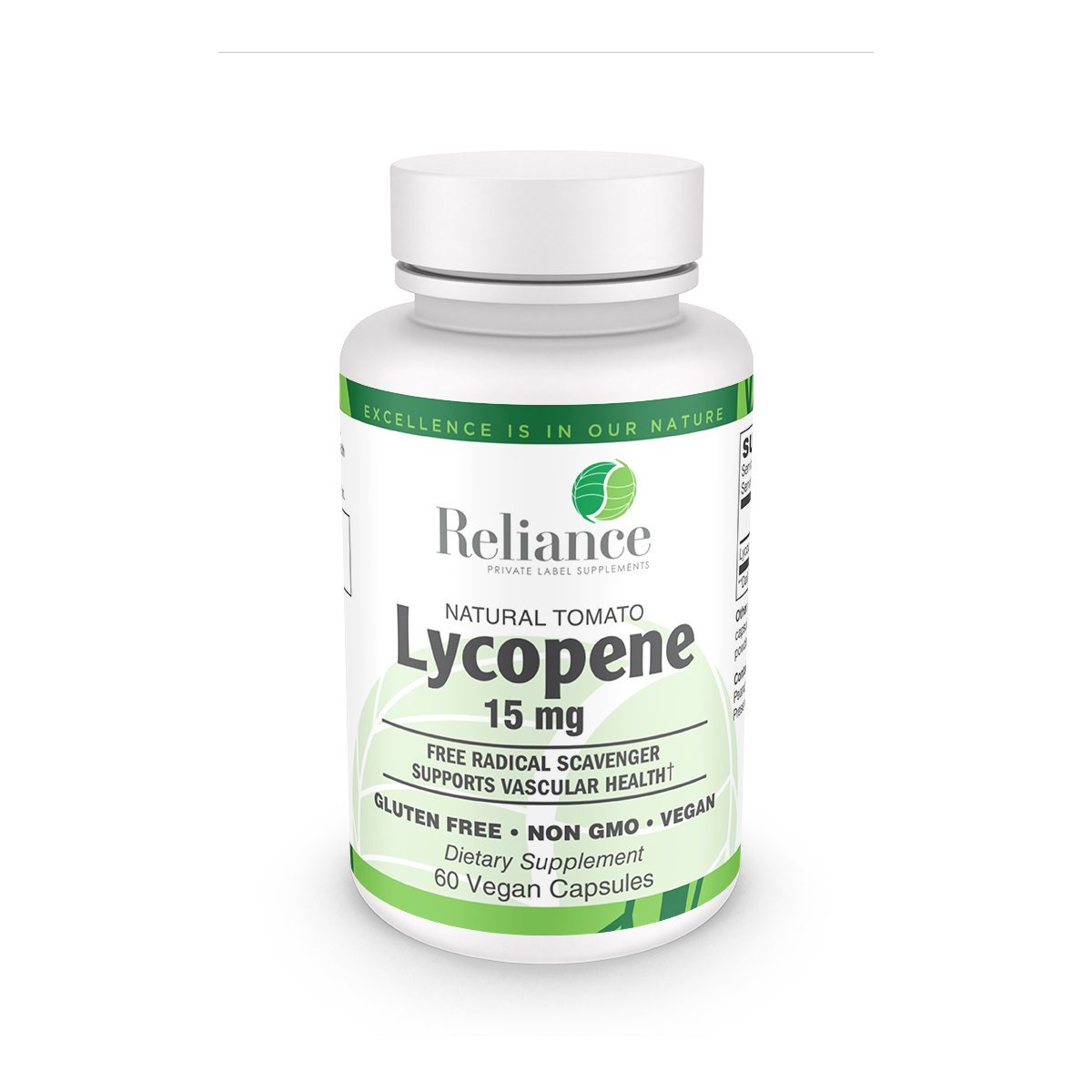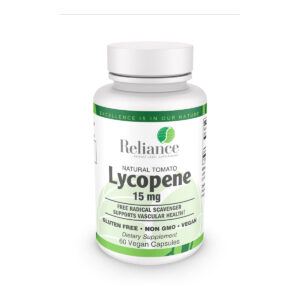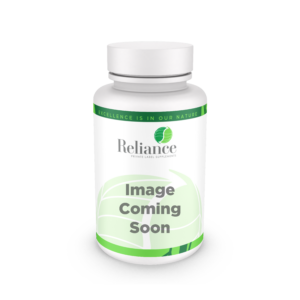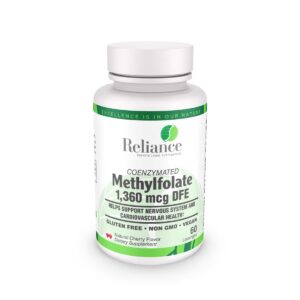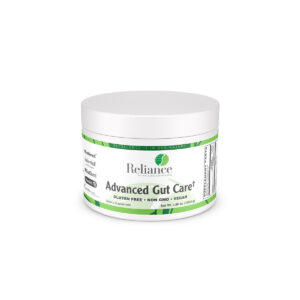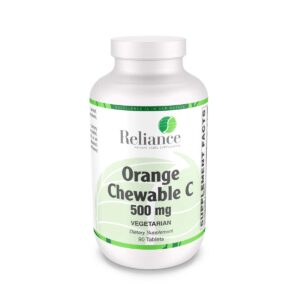Lycopene is a member of the carotenoid family of compounds and is responsible for the red color of the tomato and watermelon and pink color of grapefruit. Lycopene, in addition to being fat-soluble, has a unique chemical structure that makes it a very powerful antioxidant. Its fat-soluble properties make it ideal for protecting parts of the body that contain a significant amount of lipids, such as LDL (“Bad”) cholesterol and the lipids found within the membranes of all cells, particularly nerve cells. Lycopene is found in high concentrations in the testes, prostate gland, adrenal glands and breast tissue. It has been linked to improved heart health, sunburn prevention, and protection against certain cancers. Natural tomato Lycopene has been the subject of several clinical studies supporting its efficacy and safety.†
Features
- Lycopene 15mg comes from a special species of tomatoes that are high in lycopene and are non-GMO.
- Lycopene is antioxidant-rich, tomato lycopene complex contains lycopene, beta-carotene, phytoene, phytofluene, tocopherols and phytosterols. The presence of these phytonutrients sets the tomato-based lycopene apart from synthetic lycopene found in the marketplace.
- Contains no salt, dairy, yeast, wheat, gluten, eggs, peanuts, soy, tree nuts, fish, shellfish, sesame, preservatives, artificial colors or flavors.
- Gluten Free, Non GMO and Vegan
Benefits
- Lycopene is a free radical scavenger and supports vascular health.†
- Research shows that the activity of lycopene is enhanced through it’s synergistic relationship with the other antioxidants that occur naturally in the tomato. It is this antioxidant activity inherent in a whole tomato that scientists believe is responsible for the health benefits associated with the consumption of tomato.†
- Lycopene has shown in studies to support prostate, heart, and skin health via it’s antioxidant properties, as well as the ability to help support normal, healthy cell growth. Several studies show that individuals who include tomato paste in their diet experience up to 40% less ultraviolet (UV) skin damage from sunlight than those who don’t.†


